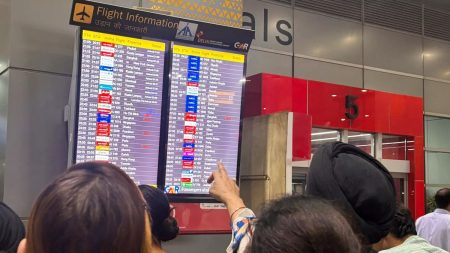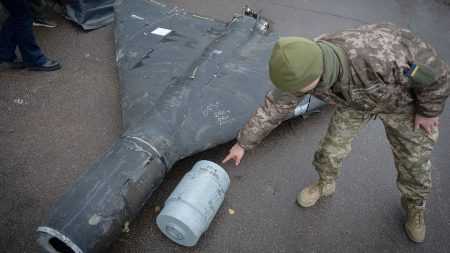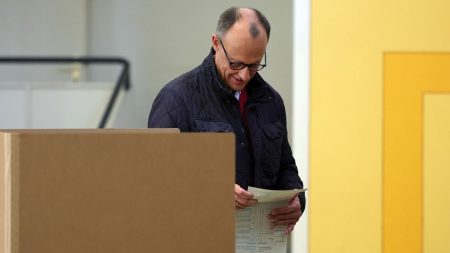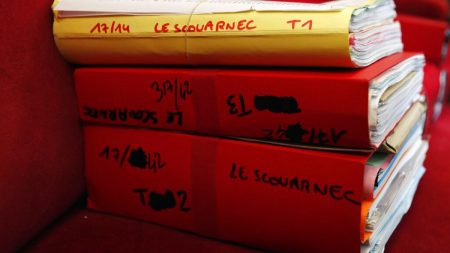The recent release of five secret reports by Romanian President Klaus Iohannis has shed light on the suspicious rise of populist hard-right candidate Calin Georgescu during the first round of the recent presidential elections. These declassified documents originate from various national institutions and intelligence agencies and were made public following requests from these very bodies. The reports indicate that the emergence of Georgescu’s candidacy was likely not a spontaneous phenomenon but the product of a calculated social media campaign, allegedly orchestrated by a “state actor.” This has raised significant concerns about election interference and the integrity of democratic processes in Romania.
A significant finding in the reports is the revelation of a previously dormant network that was activated on TikTok just two weeks prior to the election. Historically, this channel had been largely inactive since its inception in 2016. The network’s operatives were reportedly recruited and managed through Telegram, utilizing tactics characteristic of a state-sponsored operation. This coordinated use of social media to influence public opinion and electoral outcomes marks a concerning trend in how modern campaigns may be manipulated, heightening the risks of digital disinformation and foreign interference in democratic processes.
The national intelligence agency SRI disclosed that substantial funds were funneled into Georgescu’s campaign, with reports suggesting that nearly one million euros were spent. An individual backing the candidate allegedly contributed up to €950 for social media reposts alone. This financial backing and the suspicious timing of the network’s activation suggest a more organized effort to boost Georgescu’s visibility and appeal to voters. TikTok has acknowledged receiving a significant sum of €362,500 from this supporter, raising questions about the transparency and legality of campaign financing on modern platforms.
In light of these findings, TikTok has taken steps to mitigate the impact of disinformation by removing 66,000 fake accounts and numerous fake followers targeting the Romanian audience. This action comes in response to increased scrutiny surrounding electoral integrity within the European Union, where the Digital Services Act now places strict regulations on political advertising across major social media platforms. As new policies are implemented to tackle and prevent election interference, the revelations from the reports emphasize the necessity for stringent monitoring and regulation of online political activity.
The reports were first discussed in Romania’s Supreme Council of National Defence (CSAT) and subsequently directed to relevant legal and regulatory authorities for immediate investigation. The urgency of these steps indicates a recognition of the serious implications these findings carry for the stability of Romania’s political landscape. With the second round of presidential elections looming just a week away, these revelations could significantly impact the campaign environment, potentially altering public perceptions and the flow of support for various candidates.
Georgescu has consistently denied any wrongdoing, asserting that he did not finance his campaign via illegal means. Nevertheless, the evidence emerging from the declassified reports raises the possibility of serious allegations, including illegal campaign financing. As Romania navigates this complex electoral situation, the investigation into the funding and organization behind Georgescu’s campaign will be pivotal not only for the upcoming elections but also for long-term electoral integrity and public trust in democratic institutions. The unfolding developments could set a precedent for how future elections are conducted and monitored in Romania, as well as highlight the challenges political systems face in maintaining their democratic foundation amidst the rise of digital influence.










